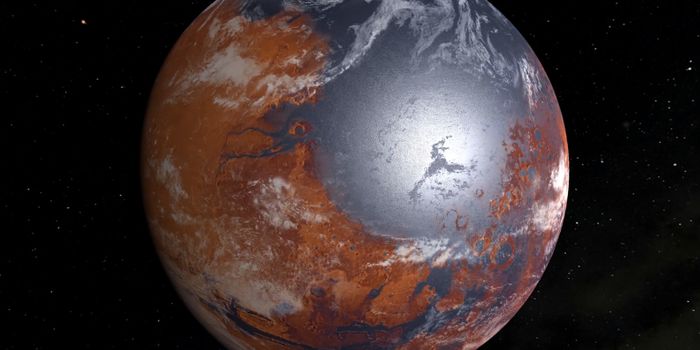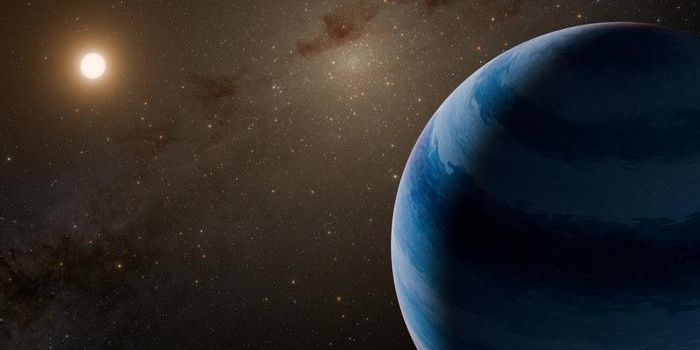Here's Why Pluto Was Demoted to a Dwarf Planet
Pluto was once called a planet in our solar system, but those definitions changed in 2006, and this officially demoted Pluto from a planet to a dwarf planet in the minds of scientists. Perhaps unsurprisingly, the decision was met with substantial amounts of hesitation from the general public.
Even today, more than a decade later, people wonder why Pluto was demoted from planet to dwarf planet; many still disagree with the ruling and have their reasons why. But as it would seem, experts at the International Astronomical Union had their reasons for demoting Pluto, and it was to make the definition much more suitable such that every space rock in the solar system that orbited the Sun wouldn’t be deemed a ‘planet.’
As it turns out, the Kuiper Belt is chock-full of Pluto-like dwarf planets, and the rapid rate at which they were being discovered would quickly outpace printed science textbooks. Moreover, these worlds weren’t quite like the other terrestrial planets in our solar system, such as Earth, Mars, and Venus, to name a few.
The current definition for a planet is an object that: 1) orbits the Sun, 2) has a nearly round shape, and 3) has cleared its neighborhood of rocks and debris. Pluto meets two of these criteria, but not the last one, as other planets in the solar system have. This new definition ensures that the seemingly-endless space rocks we find in the Kuiper Belt with similar size and shape to Pluto don’t get called ‘planets’ in the conventional sense.








